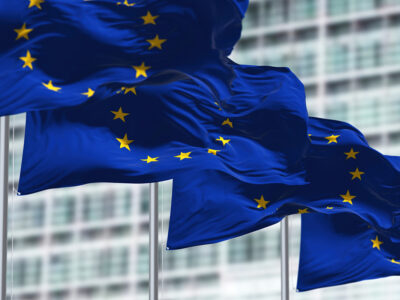A consortium of top Japanese business leaders and government advisers are to visit the United Arab Emirates to present ‘Sustainable City’, an eco-initiative based on the principles of eco-infrastructure and compact city.
The Sustainable Urban Development Consortium for Japan and Gulf States Partnership (SDCJ) has pioneered technologies in green engineering, focusing on transportation and urban development and architecture with a low carbon footprint. The proposed city would reduce energy consumption by up to 50% using cutting-edge technologies already tried and tested in Japan and available now.
The presence of such a high level consortium follows hard on the heels of a Japanese government delegation which visited the UAE earlier this year. Accompanied by a 180 members from the Japanese Business Federation, they sought to promote multilateral relations in different industry sectors. One of the key objectives of the consortium is to further strengthen those relations.
SDCJ is planning high level negotiations across a wide strata of the UAE public and private sector including government officials, influential developers and companies and organisations such as the recently established Emirates Green Buildings Council.
As a further indication of the importance of the visit, Masdar, the future energy company established by Mubadala Development Company the wholly owned investment vehicle of Abu Dhabi, is one of the sponsors of the event. Masdar has recently promoted the concept of a carbon-free city for the emirate.
Two presentations will take place in Abu Dhabi and Dubai on 4 and 5 of November respectively featuring a total of 11 influential Japanese companies. Giving the keynote speech at both events will be Dr Kiyoshi Kurokawa, Special Advisor on Science, Technology and Innovation to the Japanese Cabinet and Former President of the Science Council of Japan.
Energy and environmental technology has been identified by Dr Kurokawa as an area of core competence in which Japan can make a positive global contribution. Successful energy conservation has led to Japan’s consumption of primary energy per GDP being only half of the average of OECD countries and more than 70% less than the world average.
In sharp contrast, Dubai’s energy intensity – the amount of energy used per capita – is amongst the highest in the world, much higher than that of Singapore or Hong Kong. With the UAE one of the fastest growing economies in the world, demand for energy will likely double by 2015.
“Just trying to stay one step ahead of the growth curve is not sustainable in the long term and so energy conservation will be a key initiative for the UAE in years to come,” said Mitsuo Nakamura, representative of SDCJ.
“Simply building more power stations to satisfy unchecked demand is not the answer. Through an aggressive management programme, it would be possible to save as much as 14% of peak electricity demand by 2015.”
If the UAE is to raise its standing in the international environmental rankings, such as the UN Millennium Development Goals and the Environmental Sustainability Index – the UAE is currently in the bottom 25% – it must improve energy efficiency performance and generate at least 10% of its energy consumption from renewable sources by 2010.
Future energy policy is an integral part of the strategic vision of HH Sheikh Mohammed bin Rashid Al Maktoum, Vice President and Prime Minister of the United Arab Emirates and Ruler of Dubai. Solar and wind power are two obvious candidates. It is estimated that these sources alone could eliminate the emission into the atmosphere of one and a half million tons of the greenhouse gas carbon dioxide per annum.





